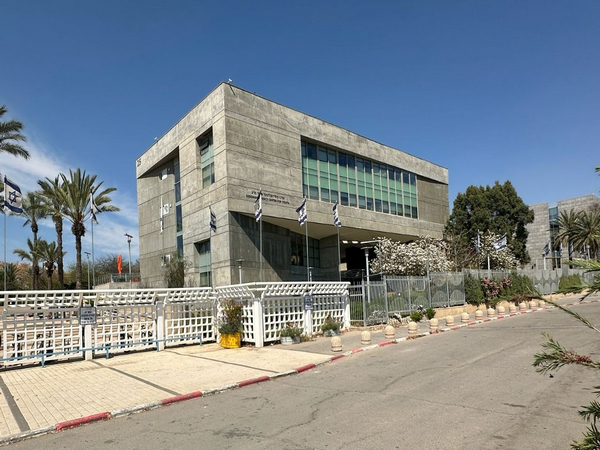Israeli Researchers Innovate Sustainable Aquaponics System to Minimize Environmental Impact
Researchers at Ben-Gurion University have developed an advanced aquaponics system that significantly boosts vegetable production while minimizing waste and environmental impact. This closed-loop system treats fish waste via anaerobic digestion, recovering energy and nutrients, resulting in higher efficiency and reduced resource consumption.

- Country:
- Israel
Researchers in Israel have created a groundbreaking aquaponics system that is poised to enhance sustainable food production while reducing environmental burdens. Aquaponics combines fish farming with hydroponic vegetable cultivation, using fish waste to feed the plants. Traditional systems circulate effluent from fish tanks to nourish plants, with the water then recirculated back.
At Ben-Gurion University, a team of researchers is pushing the boundaries of this method by introducing a closed-loop system. This system not only reuses the effluent but also processes fish solid waste through anaerobic digestion. This technique breaks down organic material without oxygen, reclaiming energy and nutrients, thereby achieving near-zero waste. This closed-loop system could dramatically cut environmental impact.
Professor Amit Gross, who leads the research and directs the Zuckerberg Institute for Water Research at BGU's Jacob Blaustein Institutes for Desert Research, reported significant improvements in vegetable production and overall efficiency. After two years of trials, the system shows 1.6 times higher plant output per unit area, uses 2.1 times less water, and consumes 16% less energy per kilogram of feed compared to conventional systems.
The innovation reduces waste handled on-site, lowering environmental and economic costs. Scaling this system could nearly eliminate external energy needs and water exchange, while contributing to carbon sequestration. The results are published in Resources, Conservation & Recycling.
(With inputs from agencies.)










